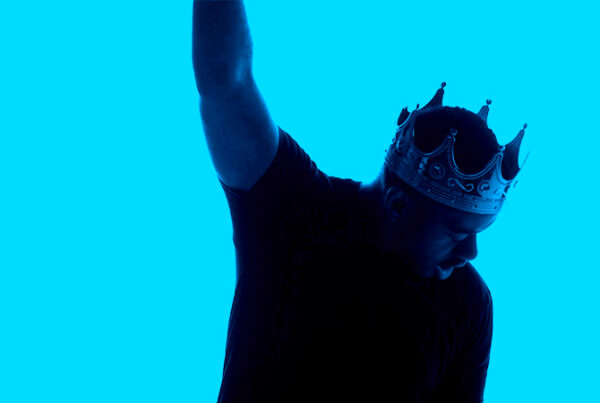One of the biggest subjects of confusion in the entertainment industry (aside from thinking you can be signed to ASCAP), is the difference between copyright and trademark.
The vast majority of people have no idea of the difference between the two, as I’ve heard & seen on more than one occasion “I want to copyright my name” or “I’m going to trademark my script.”

I get it: you want to protect your intellectual property. But you first need to know which protection actually covers it.
Copyright
A copyright protects original creative works such as books, movies, songs, paintings, photographs, web content and choreography, and gives it’s owner the exclusive rights to its use and distribution.
In the US, the exclusive rights are limited by limitations and exceptions to copyright law (including fair use) and expire 70 years after the death of the last author.
The work is automatically copyrighted at the time it is “fixed in a tangible form” (i.e. written down, recorded, etc.) However, copyright registration is required if you want to sue someone over the unlawful use of your copyright; this can be done with the U.S. Copyright Office.

Trademark
According to the U.S. Patent and Trademark Office, a trademark protects words, names, symbols, sounds or colors that distinguish goods and services from those manufactured or sold by others, and also indicates the source of the goods.
This means that a company can register a trademark for its business name, slogans, logos and other items that essentially brand the product or company.
Registering a trademark first requires doing a trademark search to ensure it’s not already in use. Because of the legal ramifications, most trademark experts recommend using an attorney to assist in trademark registration.

What’s The Difference?
Both offer protection of your intellectual property, but they protect different types of assets: Copyright is geared toward literary and artistic works (music, books, movies, paintings, photographs, web content, choreography), while Trademark protects items that help define a brand (name, logo, symbols, phrases, color schemes).
For example: Atlantic Records holds the trademarks for its name and logo, and holds the copyrights for the music and music videos it releases.
There are cases where both copyright and trademark are involved, but they cover different things:
A marketing campaign for a new product introduces a new slogan for use with the product, which also appears in advertisements for the product. The advertisement’s text and graphics, as published in a particular vehicle, will be covered by copyright – but this will not protect the slogan as such. The slogan may be protected by trademark law, but this will not cover the rest of the advertisement. If you want both forms of protection, you will have to perform both types of registration. (via Lawmart.com)






